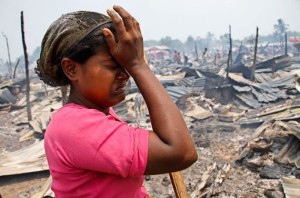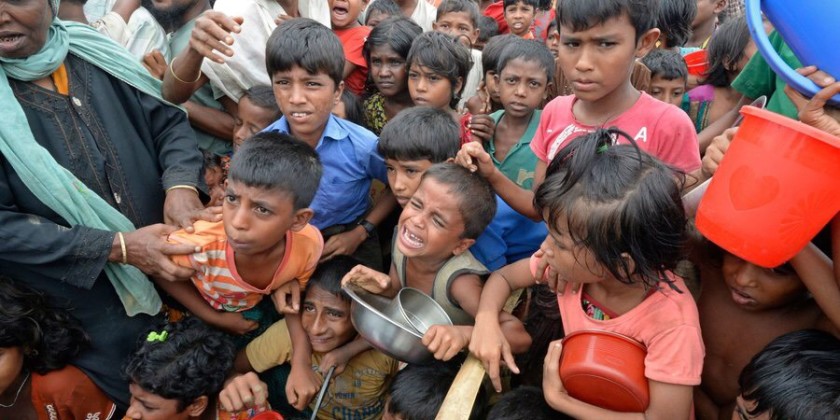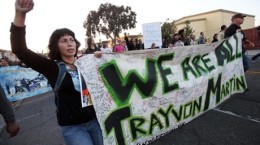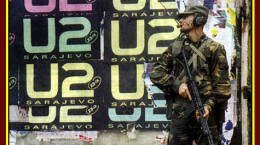Genocide in the twenty-first century is often too grueling of a topic for most Westerners to fully comprehend. “Never again”, a phrase meant to provide solace in a time of tragedy, has unfortunately succumbed to the definition of cliche. These words carry a weight of hypocrisy when the prevalence of a eurocentric culture overshadows the struggles of the rest of world. Atrocities that are perceived as unthinkable, still prevail in countries overlooked by the public eye.
The Rohingya people in Myanmar are no exception. While the situation has been reported by the media, it has taken a backseat to other international affairs. The violent campaign carried out by the government of Myanmar unquestionably qualifies as genocide, yet, many Westerners could not point out Myanmar on a map or tell you who the Rohingya are.
Oppression against the Rohingya is historic to Myanmar’s political history. According to the 1982 Burma Citizenship Law, the Rohingya are not permitted as legal citizens but instead as “resident foreigners”. (See: “Citizenship Law- Human Rights Watch”) Without the protection of undeniable, legal citizenship, the government can freely infringe on the Rohingya’s basic human rights. Compared to Myanmar’s enormous Theravada Buddhist population, the diminutive Muslim population of Rohingya becomes subjected to cultural and religious hostility as the minority. Although this is a familiar theme in history, the Rohingya are not granted the same support as Europeans in similar circumstances.
Searching “Rohingya” or “Myanmar” will open a plethora of articles detailing the atrocities that have transpired in the Southeast Asian country along with images of Rohingya being forcefully displaced out of their homes. Even with this evidence so close in reach, where are the hashtags for the Rohingya? Where is the Western support and outrage?
Outcry for the Rohingya seems to be coming from neighbouring Southeast Asian countries, such as Indonesia and Malaysia, both with large Muslim populations. While the United States had made a small statement concerning the displacement of the Rohingya, the American aid in Myanmar has fallen incredibly short. (See: “The Rohingya Crisis: U.S. Response to the Tragedy in Burma”) The failed efforts of the U.S. and the practically silent response from it’s citizens, speaks volumes. The Myanmar government has not hidden the immense violence against the Rohingya people; nations across the world have acknowledged that it is happening, but they seem to lack regard. “Pray for Paris” and “Pray for Manchester” were prevalent throughout social media platforms in 2017, but it looks as though no one is praying for the Rohingya.

Photo: The Huffington Post
The Rohingya are human beings, and like all of us, deserve a devoted rapport amongst other human beings. Their cultural identity is vital to not only sustain, but become allowed to flourish. Perhaps we’re conditioned to view countries like Myanmar more susceptible to these heinous crimes against humanity. It is simple to dismiss, and even excuse, when deep-rooted ethnocentrism influences how numerous Westerners view the rest of the world. When looking at photographs of the horrors of genocide, it’s easier to turn a blind eye when the victims live in villages. Nonetheless, the West’s perception of “less developed” countries (a term inherently problematic) promotes the dehumanization of these peoples, such as the Rohingya. This notion is something the West as a whole should strive to improve; empathy is crucial.
Facebook: Bailey DeWitt




